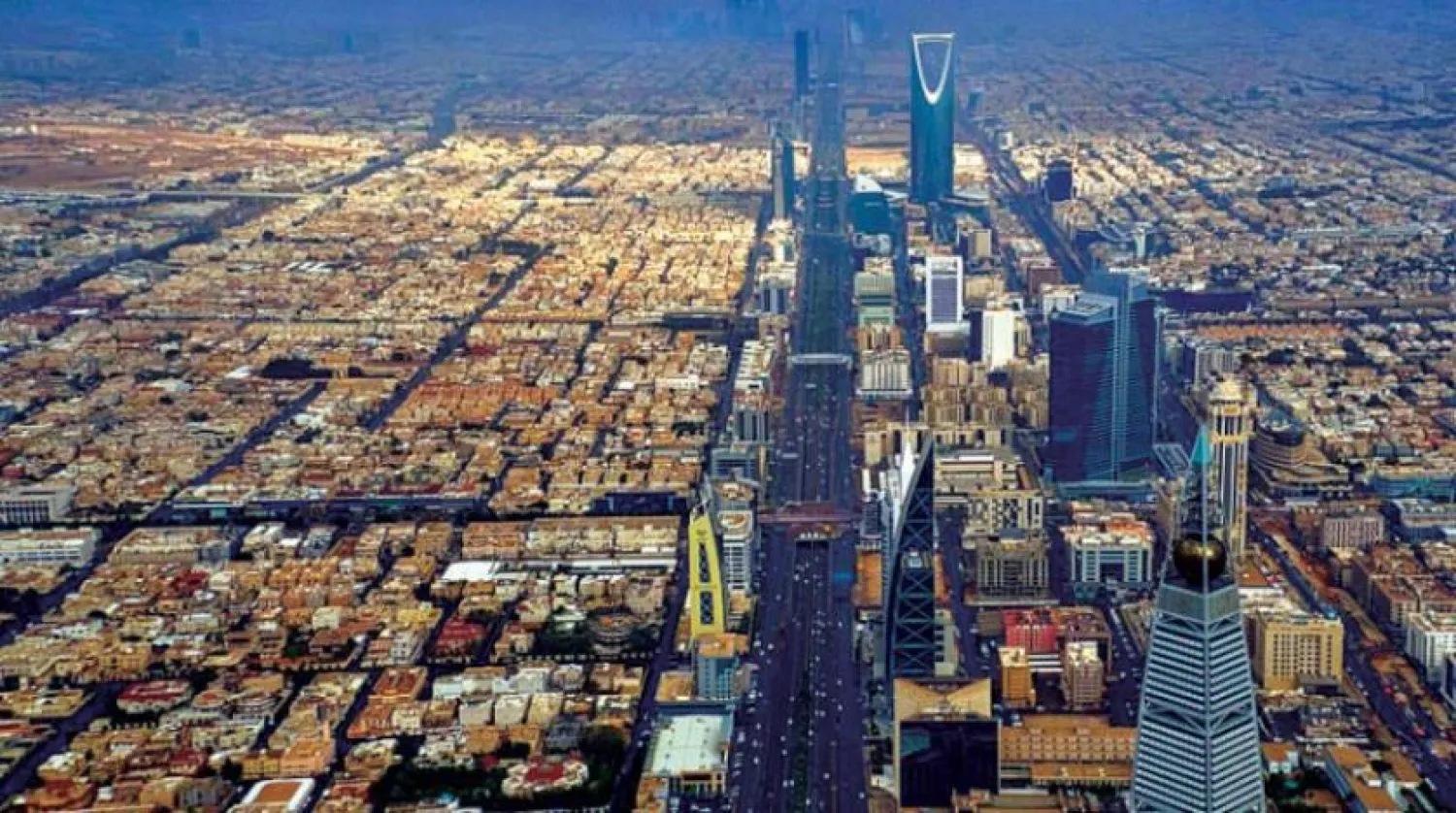Reflecting global confidence in the Saudi market and presenting an important first step for the recently announced Riyadh Strategy, 24 multinational companies have announced their decision to establish regional headquarters in the Saudi capital.
Efforts to attract regional offices of international firms comes as an element of the Riyadh Strategy, which aims to double the size of the economy and achieve major leaps in generating jobs, improving the quality of life, and attracting and expanding investments to place Riyadh among the ten largest city economies in the world by 2030.
It is expected that attracting regional headquarters will contribute to the national economy with a value of 61 to 70 billion riyals ($16 - $18.6 billion) by 2030 through salaries, operating and capital expenditures of these companies.
The 24 firms have signed agreements to establish main regional offices in Riyadh in the presence of Investment Minister Khalid Al-Falih and Chief Executive Officer of the Royal Commission for Riyadh City Fahd Al-Rasheed.
The signing ceremony was also attended by CEOs of major international companies such as PepsiCo; Schlumberger; Deloitte; PWC; Tim Hortons; Bechtel; Bosch; Boston Scientific and others. This step reflects the importance and confidence in the Saudi market regionally and globally.
As part of the strategy recently announced by Crown Prince Mohammed bin Salman bin Abdulaziz, Saudi Arabia plans to increase the residents of Riyadh from 7.5 million to 15-20 million in 2030.
The strategy also aims to improve Riyadh in terms of quality of life, tourism, education by various initiatives covering different sectors.
Attracting regional headquarters is not an end, but rather one of the economic growth potentials that Riyadh aspires to achieve.
The Kingdom is currently working on many systemic amendments with the aim of developing an investment environment for international companies.
Saudi Arabia will work to provide many incentives that improve its competitiveness regionally and globally, to attract the companies and give them sufficient time to move and operate in their new headquarters without affecting their business.
The incentives offered will be limited to regional headquarters, excluding their operations outside.
The Royal Commission for Riyadh City will work with these companies on programs and initiatives to qualify young Saudi leaders to work in the regional offices.
Attracting regional headquarters will result in more than 35,000 jobs for young men and women in the Kingdom.









